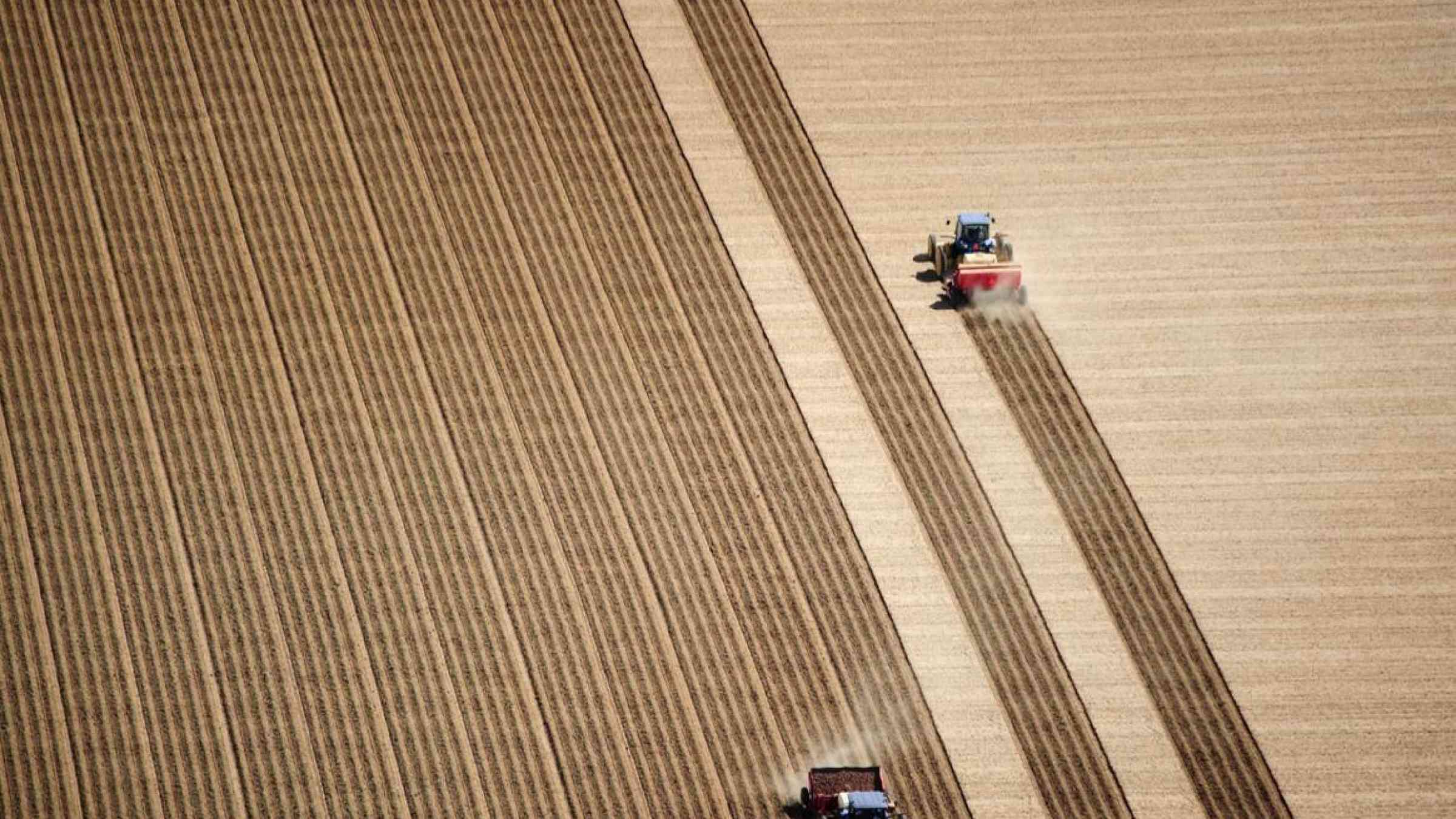Climate change ‘has dented global agricultural productivity’

- Climate change ‘has slowed global agricultural productivity by 21 per cent’
- Africa and Latin America show the biggest decline, according to study
- Agriculture is becoming ‘more vulnerable to climate change’, despite advances
By Carmina de la Luz
Global agricultural productivity has declined by about 21 per cent in the last 60 years as a result of climate change – the equivalent of seven years’ lost production – a study has found.
The decrease was most pronounced in warm regions such as Africa (30 per cent) and Latin America and the Caribbean (26 per cent), according to research published in Nature Climate Change which looked at data from 1961 to 2020.
The study, by scientists from Cornell, Maryland, and Stanford universities, warns that global agriculture is now becoming even more vulnerable to climate change, despite advances in technology.
“Our study is saying that global agricultural productivity is almost 21 per cent lower than it could have been in a world without climate change,”
Ariel Ortiz-Bobea, professor of applied economics, Cornell University
Ariel Ortiz-Bobea, professor of applied economics at Cornell University and lead author of the study, told SciDev.Net: “These numbers don’t mean that we are producing less than we did back in 1961 – we’ve actually produced more year after year. Instead, our study is saying is that global agricultural productivity is almost 21 per cent lower than it could have been in a world without climate change,” explained Ortiz-Bobea.
Researchers analysed annual official records of agricultural productivity in 172 countries, along with data on climate parameters.
This showed them “how much agricultural productivity rose or fell in a given country, if a specific year was warmer, colder, wetter, or drier than normal,” among other variables, Ortiz-Bobea told SciDev.Net.
Once they found this statistical relationship – known as an econometric model – they put it to the test in both the real world, and a parallel world where anthropogenic (man-made) climate change does not exist.
To avoid bias, researchers kept the alternative world almost the same as the real one, considering the last six decades in both with the same type of economy, the same use of fossil fuels, and even the same greenhouse gas emissions.
“The only difference was that in the fictional world emissions didn’t have the ability to alter the climate,” said Ortiz-Bobea.
When comparing the two worlds, scientists discovered that climate change caused the equivalent of seven years of stagnation in agricultural productivity. This means that the level reached in 2020 is equivalent to the productivity that could have been achieved since 2013 in a world without climate change, according to a press release from Cornell University.
The slowdown in productivity comes despite significant improvements in agriculture, indicating that scientific and technological developments in agricultural are not translating into greater resilience to climate change, scientists warn.
This may be because investment has been lacking and failed to reach regions that need it most, such as Africa or Latin America, suggests Ortiz-Bobea.
However, Carolina Ureta-Sanchez, from the Center of Atmospheric Sciences at the National Autonomous University of Mexico, who didn’t participate in the study, says it may not give the whole picture.
“This research doesn’t consider small-scale agriculture which persists in different parts of the world, like Africa and Latin America, probably because this type of production is usually not included in official records,” the expert in climate change and agrobiodiversity told SciDev.Net.
“So it’s important that future research takes small-scale farmers into account, as they are the guardians of a huge diversity of seeds, techniques and crops that could help us to deal with climate crisis in a better way.”
Nevertheless, Ureta-Sanchez acknowledges that the research “teaches us to address climate change by looking back at the past and that definitely helps us manage our future”.